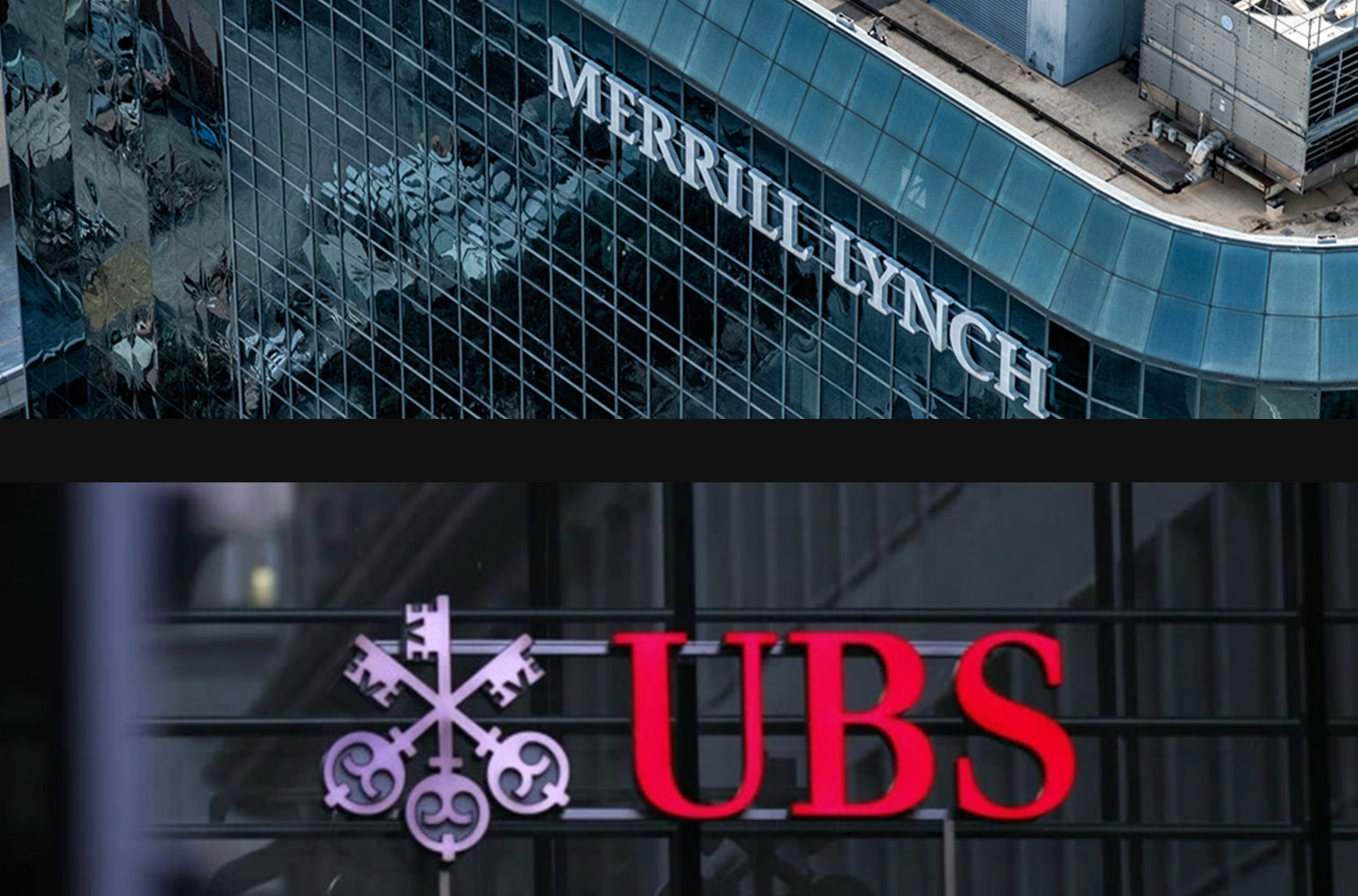It wasn’t supposed to happen again. It happened again.
This week,15 years after the 2008 financial crisis, two banks failed within days of one another. This led to a massive stock retreat at First Republic Bank and a lack-of-confidence contagion that has spread to U.S. regional banks nationwide and, as of this writing, to Credit Suisse and other European banks. No one knows how far the tremors of this crisis will spread or when they will level off.
What does this mean for advisory practices in big banks — for instance the thousands of Merrill Lynch advisors under Bank of America? Nothing immediately catastrophic, to be sure. Unlike relatively small banks like First Republic, a behemoth like BoA is so heavily regulated that it must conform to the common interests of international and domestic regulators.
But Merrill advisors who saw their fiercely independent firm sold to BoA in ‘08 in order to survive may find a bitter irony in recent events. It’s never been a secret that the first priority of big banks is to protect and serve their shareholders and balance sheets — with advisors and the clients they serve coming in a distant second. During the extended bull market, the security that presumably too-big-to-fail institutions offered advisors and their clients may have seemed a reasonable trade-off.
But with the current deposit crisis and its grave consequences on banks’ balance sheets, advisors may wonder if they now have the worst of both worlds – neither independence nor security for themselves or their clients.
For decades, banks have paid advisors handsomely for placing clients’ cash into low-interest rate deposits. First Republic advisors, for example, received upwards of a 1.5% commission. Such advisor-facilitated deposits were then loaned out with massive position spreads and levels of risk. Such deposits fueled banks’ profitability as they borrowed money from their depositors at very low rates and then loaned to their clients for commercial and residential mortgages, with huge profitability.
But bank failures and runs on banks’ balance sheets are now reverberating through the biggest banks in the nation, including JPMorgan and Bank of America, as client deposits are moved into safer securities. The inevitable result is that costs associated with banks’ profitability will plummet as their borrowing costs skyrocket.
How, then, will this impact financial advisors? As banks scramble for profits, the last bastion of profitability is wealth management. Big bank practices can expect a number of issues, including lower commissions, a greater push into banking products and a greater control of assets being managed by advisors at these banks and brokerage firms.
The good news is that advisors have the power to protect their clients from conflict-ridden products and balance sheets and direct them into investments that will profit them. The moral of this ongoing story is: When it comes to your clients’ future and financial well-being, don’t trust the banks!



